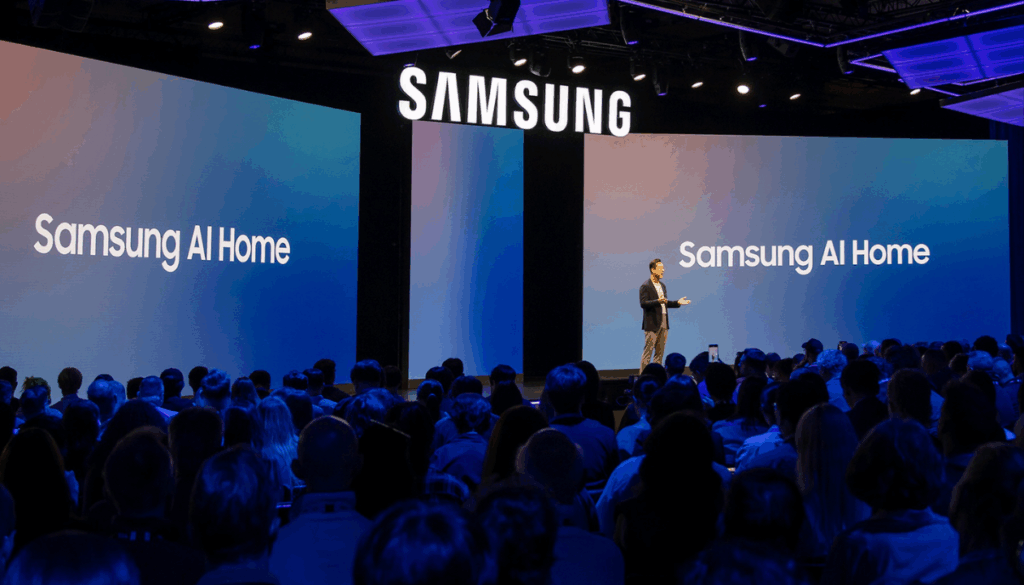Samsung Electronics has been ranked fifth in Interbrand's traditional global brand rankings for the sixth year in a row. The Best Global Brands ranking is published annually by Interbrand. Samsung's brand value for this year is $90.5 billion, and it is the only Asian company in the top five as of 2020.
According to Interbrand, Samsung's success is mainly due to the strengthening of the role of artificial intelligence in the company's various divisions, its customer-centric brand strategy and its targeted investments in semiconductors for artificial intelligence systems.
"Through innovation and open collaboration with partners, Samsung offers a wide range of customers the opportunity to use cutting-edge AI in their everyday lives," said Won-Jin Lee, president and global marketing director of Samsung Electronics. "Going forward, we intend to focus on benefiting customers, including in the areas of health and safety, to make the Samsung brand increasingly popular with the general public," he adds.
With a corporate vision of Innovation for All, Samsung plans to continue to offer affordable artificial intelligence to customers around the world.
This year, the company strengthened its leadership in mobile AI with the continuous development of Galaxy AI, which is expected to be available in 400 million devices by the end of the year. In addition to mobile devices, it is also making its way en masse into consumer electronics, appearing in a variety of product categories and forms (e.g. Vision AI or Bespoke AI). Of course, reliable security is also a feature, using Samsung's proven, cutting-edge Knox platform.
In semiconductors, Samsung is responding to the growing demand for AI by continuously expanding its portfolio with AI in the cloud, in the devices themselves and in physical form. Notable products in this area include HBM, high-capacity DDR5, LPDDR5X and GDDR7.
But the AI innovation doesn't stop there - Samsung continues to improve the accessibility of its products and services, among other things, and is promoting an environmentally sustainable approach across all divisions, according to the company. This has resulted in, among other things, reduced power consumption when using energy-saving appliances connected in the SmartThings ecosystem.

